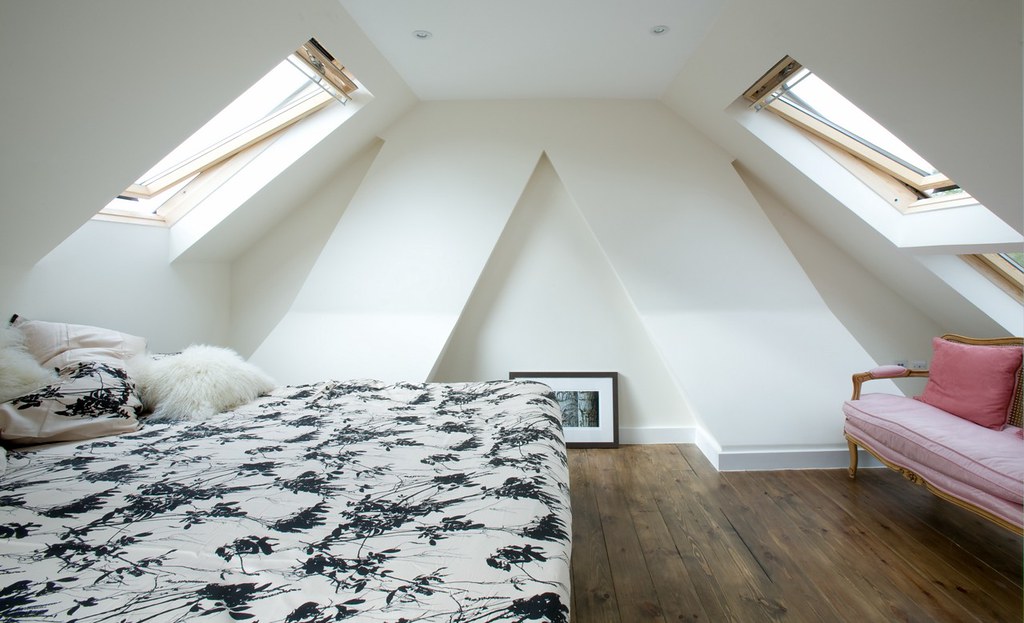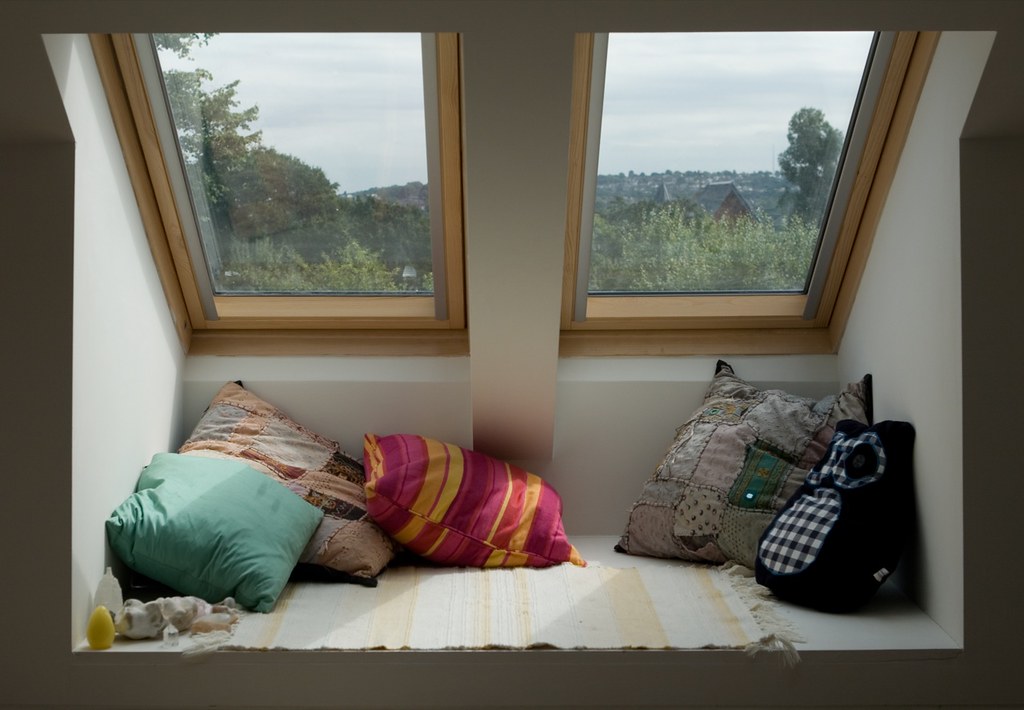A loft conversion is a great way to add an extra room or two to your home without having to move.
But how long does a loft conversion take?
The answer to this question depends on several factors, including the size and layout of your home, the type of loft conversion you want, and whether or not you need planning permission.
In general, a simple loft conversion can take anywhere from 6 to 8 weeks to complete.
However, if you want a more complex conversion or you need planning permission, the process can take much longer.
Read on to learn more about the factors that affect how long a loft conversion takes and what you can do to ensure that your project stays on schedule.
A loft conversion is a great way to add an extra room or two to your home without having to move.
But how long does a loft conversion take?
The answer to this question depends on several factors, including the size and layout of your home, the type of loft conversion you want, and whether or not you need planning permission.
In general, a simple loft conversion can take anywhere from 6 to 8 weeks to complete.
However, if you want a more complex conversion or you need planning permission, the process can take much longer.

Planning and design
Planning and design
There are many things to consider when planning and designing a loft conversion, such as the type of conversion you want, the layout of your home, and the budget you have available. It is important to get professional help when planning and designing a loft conversion to ensure that it is carried out safely and meets all the relevant building regulations.
A typical loft conversion can take anywhere from 6-8 weeks to complete, depending on the size and complexity of the project. If you are planning on undertaking a loft conversion yourself, it is important to allow for additional time to account for any unforeseen problems or delays.
Structural work
Structural work
A loft conversion is a great way to add extra space to your home without the hassle and expense of moving house. But how long does a loft conversion take?
The answer depends on the size and complexity of your project, but typically a loft conversion will take around 6-8 weeks from start to finish.
During the first week or so, your builder will assess the existing space and make any necessary structural alterations.
This might involve putting in new supports or reinforcing existing ones.
Once the structure is complete, work can begin on installing insulation, boarding out the area and fitting new windows.
The final stages involve adding electrics, plastering and decorating – and then you can start enjoying your brand new loft space!
Creating the new space
Assuming you already have the necessary planning permission in place, a typical loft conversion will take between 6 and 8 weeks to complete.
Preparation work (1-2 weeks)
This involves making sure the loft space is ready for construction work to begin. This may involve removing any existing insulation and putting up temporary scaffolding.
Construction work (3-4 weeks)
This is the main phase of the project and includes all the physical work required to convert the loft space into a habitable room. This includes things like installing new flooring, windows, electrics and plumbing.
Finishing touches (1-2 weeks)
Once the construction work is finished, there are a few final touches that need to be completed before the room is ready to use. This includes things like painting, decorating and furnishing the space.
Finishing touches
Assuming you already have the requisite planning permission, a loft conversion can take as little as six to eight weeks from start to finish.
How to prepare for a loft conversion
Assuming you have planning permission and building regulations in place, a typical loft conversion will take anywhere between 6-8 weeks.
The first step is to make sure that your loft space is structurally sound.
Next, you’ll need to add insulation and install any new windows or skylights.
Once that’s done, you can start working on the interior of the space.
This includes things like adding walls, floors, and ceilings as well as any electrical work that needs to be done.
Finally, it’s time for the finishing touches.
These include painting, installing flooring, and adding any final decoration items.
With all that done, you’ll finally have your very own loft conversion!
Conclusion
Assuming you have planning permission and building regulations in place, a typical loft conversion will take anywhere between 6-8 weeks.
The first thing to do is to make sure the roof space is clear and ready for work to begin.
This means removing any old insulation, water tanks, or other objects that may be taking up space.
Once the area is prepped, work can begin on constructing the new floor joists and support walls.
After the new flooring and support structures are in place, electricians will need to run wiring for any new lighting or outlets that will be added as part of the conversion.
Plumbers will also need to install any new pipes or drains that may be required.
Once all the major construction work is completed, it’s time to add the finishing touches like drywall, painting, flooring, and trim work.
With all that complete, you’ll finally have your brand new loft space!
Loft Conversion Benefits
Adding extra space to your home without moving is a great opportunity. You can create a new room or expand an existing one to increase the value of your property.
The loft conversion process typically takes between 6-8 weeks, depending on the project’s size and complexity. It’s essential to work with a reputable contractor to estimate the timeframe and cost involved.
Before starting your loft conversion, research local building regulations and consult with a professional to ensure a smooth and successful project.
